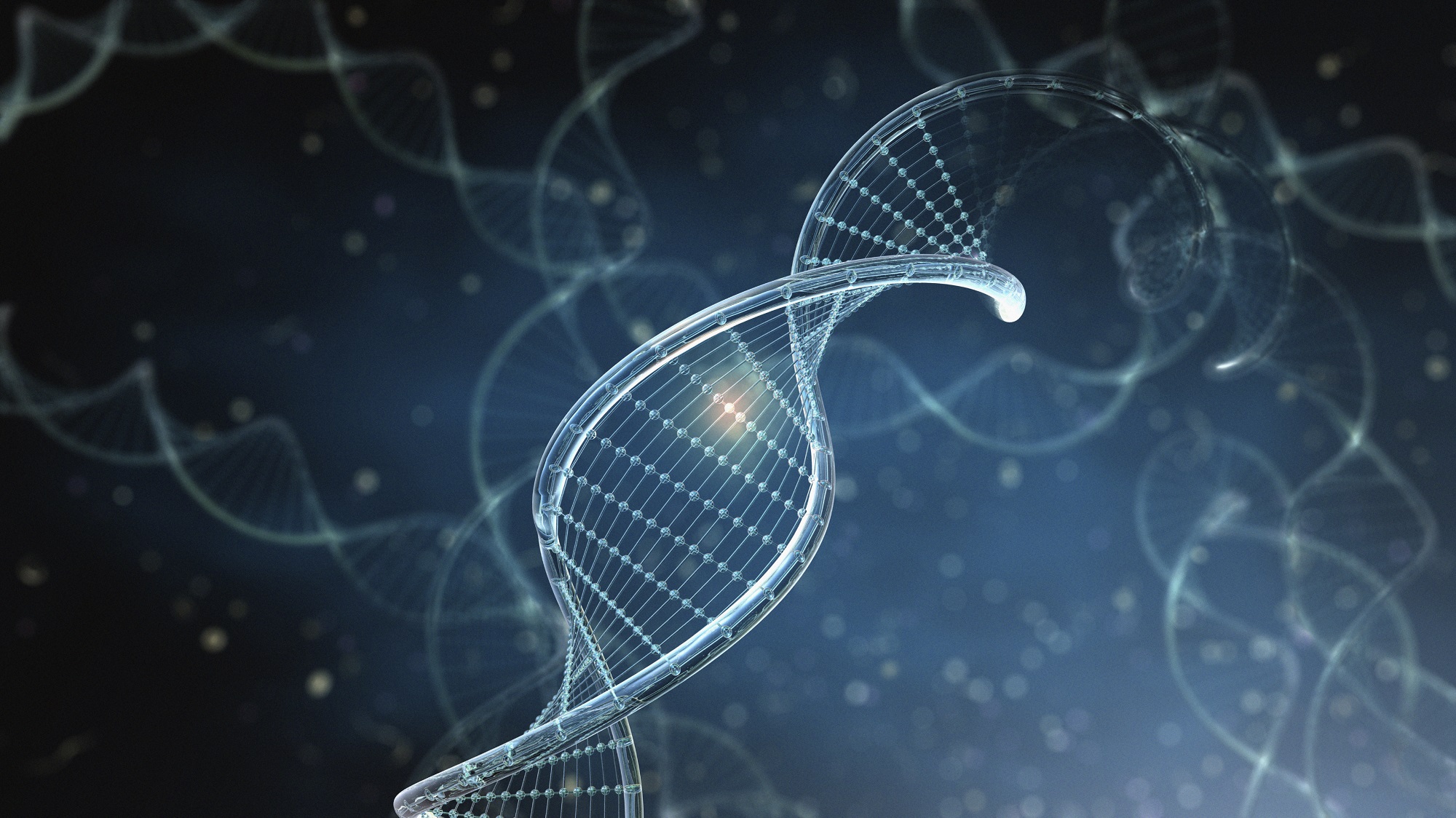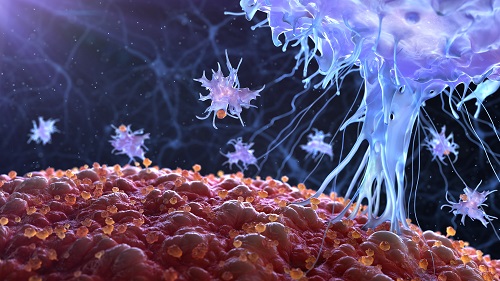October 14, 2019 (Oncology Nursing News)
Genetic predispositions to lung cancer are largely unknown due to common environmental factors linked to its development like smoking and radon exposure. However, work is currently being completed in Utah tracing family genealogy back generations to uncover family pedigrees with predispositions to lung cancer, and possibly allowing researchers to uncover genetic components to developing lung cancer.
Lead researcher, Lisa A. Cannon-Albright, PhD, chief of Genetic Epidemiology at the University of Utah, recently sat down for an interview with OncLive, a sister publication of Oncology Nursing News, to discuss the methodology and current finding of her research. After collecting the data, Cannon-Albright and her team divided lung cancer incidences into small cell lung cancers (SCLC) and non-small cell lung cancers (NSCLC), with the NSCLC cases being divided again into squamous and nonsquamous histologies.
In the SCLC cases, smoking of close relatives was the primary cause of lung cancer within families. However, for the cases of nonsmoking and nonsquamous NSCLC, there was an indication that there was a genetic contribution to the development of lung cancer.
Cannon-Albright and her team are now doing further research on these specific pedigrees and the genetic connections amongst the family members (both immediate and distant). They hope to find specific genetic signals that may predispose certain people to developing lung cancer and have a positive impact on detecting the disease before it fully develops.
















Leave a Reply